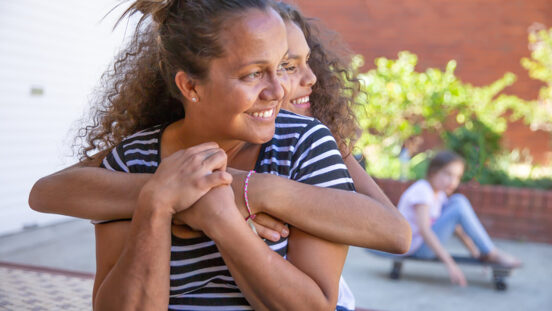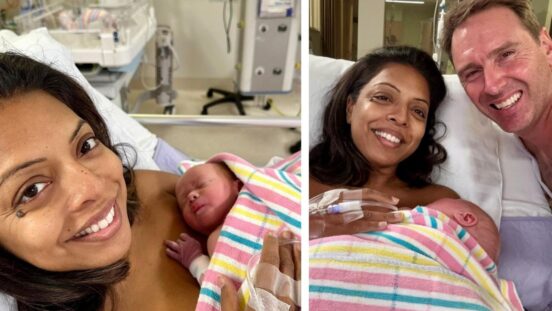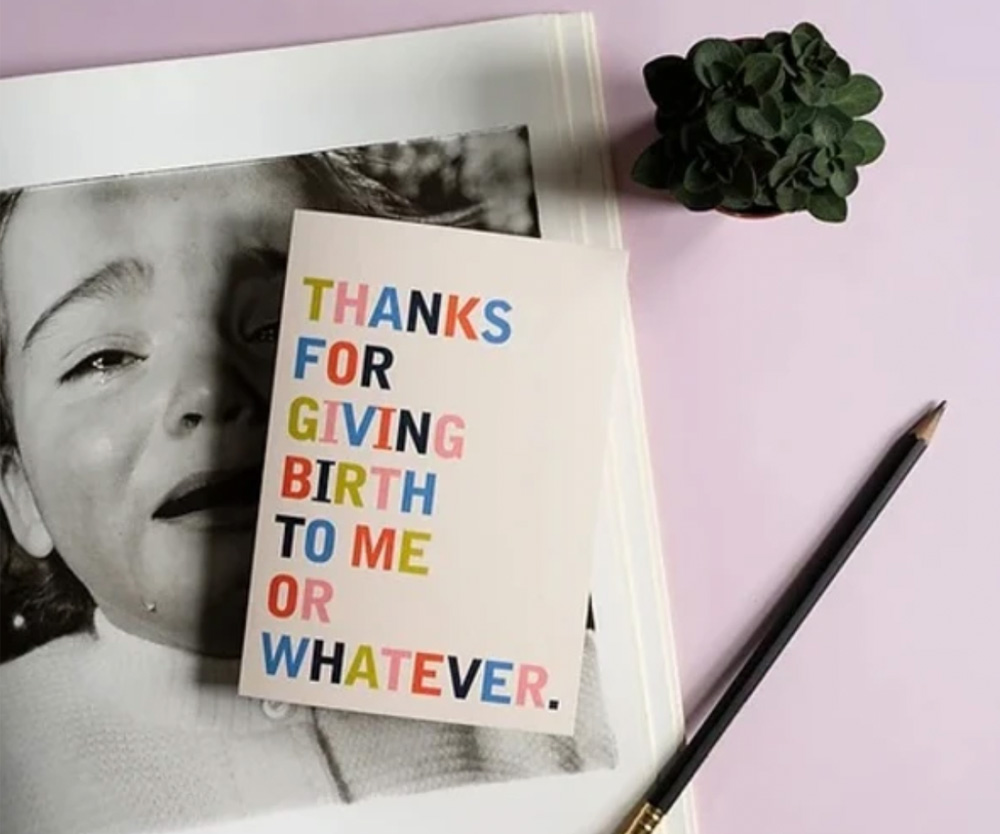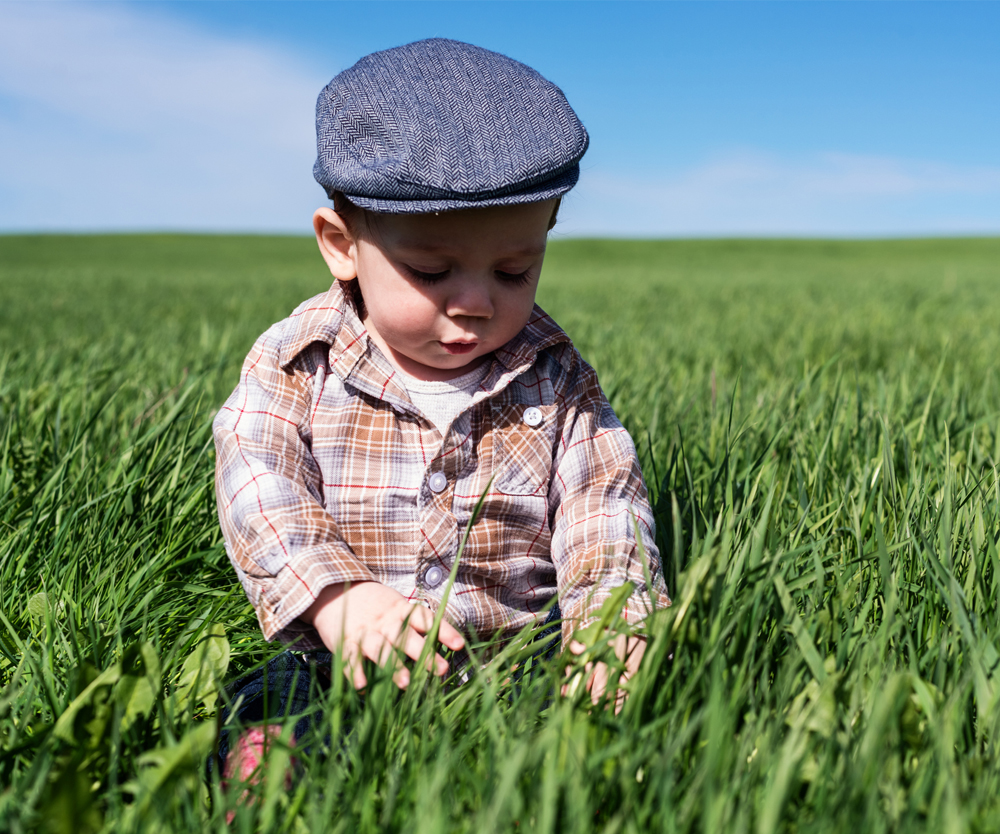Real life: “I was 16 weeks pregnant when I found out I had breast cancer”
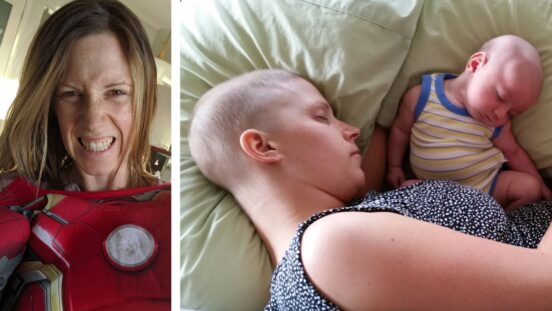
“I sat in the doctor’s office and had a little cry and then left and got on with it”
Rebecca was overjoyed at being pregnant with her first child. So when she first noticed a lump in her breast at the age of 29, her first thought was, “Oh, it’s because I’m pregnant – it’s a blocked milk duct or something.”
But there was a niggling doubt. Rebecca’s Aunty Lorraine had been through breast cancer twice, and had tested positive for the BRCA1 gene mutation. Lorraine had made a point of sharing that news with family members – including Rebecca. She thought the knowledge might help. It did.
Rebecca had her lump checked. It was breast cancer caused by the BRCA1 gene mutation.
“I sat in the doctor’s office and had a little cry and then left and got on with it. I tried to focus on my baby and not on breast cancer. I tried to remember I was lucky to be pregnant.”
But Rebecca wasn’t lucky. She wasn’t even 30 yet and this should have been a happy time. The diagnosis brought up all sorts of questions and worries for her and her husband – about the safety of their unborn child during the treatment she needed, about whether she could breastfeed or even have other children in the future, and about what it would take to improve Rebecca’s chances of survival.
After a lumpectomy to remove the cancer in her breast, Rebecca started chemotherapy then took a break from treatment while she prepared for her baby to arrive.
It was soon after little Isaac was born that treatment resumed. It was painful, exhausting, and there were difficult decisions to make.
The only really effective way to prevent a new breast cancer and breast cancer recurrence was to have her breasts removed.
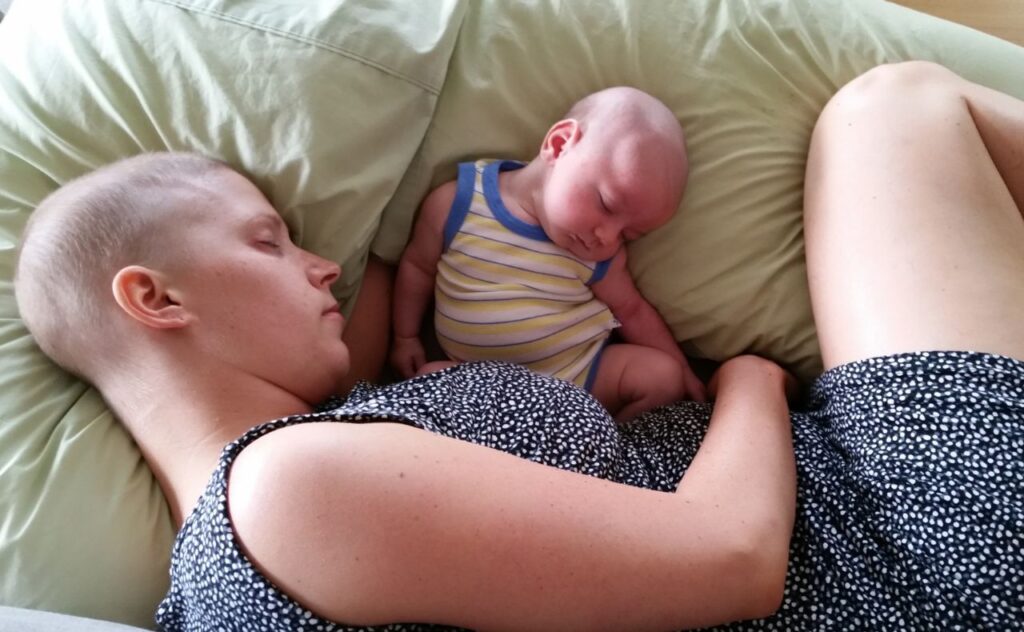
Today, Rebecca and her husband have three children, four-year old Isaac, two-year-old Taya and Nate, nine months.
Because Rebecca carries the BRCA1 gene mutation, she remains at very high risk of ovarian cancer. Removal of her tubes and ovaries could prevent this but push her into early menopause.
She says she still has difficult decisions to make – including when she tells her children about the gene mutation they may be carrying.
”I think it’s really important to bring the boys on the journey, but obviously, Taya is a major concern to me, and it’s something that just preys on my mind. If my little ones have this dreaded faulty gene, my hope is that they never have to endure what I’ve had to.”
“I am always asking, “How far has the research come?” I’d like to think that by the time my children are old enough to be tested for the faulty gene, we won’t have to worry about it causing cancer. That’s my dream.”
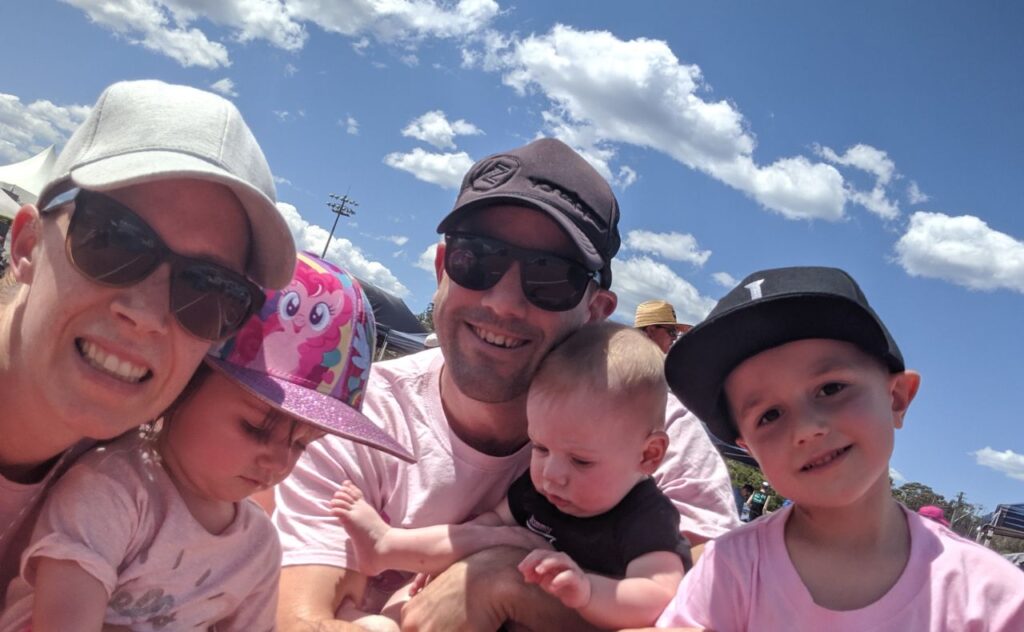
For the first time ever, we may be able to prevent breast cancer for women like Rebecca with a drug. We may be able to spare women with a BRCA1 gene mutation from the disruption and fear of breast cancer.
But without funding and support for Breast Cancer Trials, it will remain only the dream of anxious mothers and families carrying the BRCA1 gene mutation.
Breast cancer and fertility
Around 4,000 women in Australia and 400 women in New Zealand are diagnosed with breast cancer each year, who are under the age of 45.
Having a family may be top of mind for many of these women. While others may not have thought about planning a family yet.
But for those diagnosed with breast cancer during these childbearing years, decisions about treatment need to consider fertility.
Some treatments for breast cancer, such as chemotherapy and hormone therapy, may induce premature menopause and can reduce a woman’s chance of having children in the future.
While breast cancer treatments can affect each person differently, it is important to discuss fertility options with a breast cancer specialist and potentially a fertility specialist before cancer treatment begins, when there are more options available. This may be useful even for those without future plans to have children, as circumstances change over time.
On Tuesday, February 20, Breast Cancer Trials will be hosting an a free online Q&A event, moderated by Author and Journalist Annabel Crabb. The panel of experts will discuss fertility preservation options for breast cancer patients, informed decision making and fertility decision aids, the latest in fertility preservation research, and measuring the effect of clinical trial treatment on ovarian function.
To find out more details visit Breast Cancer Trials.

